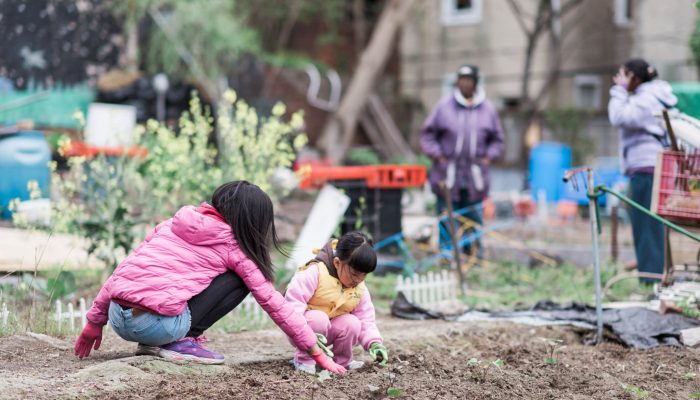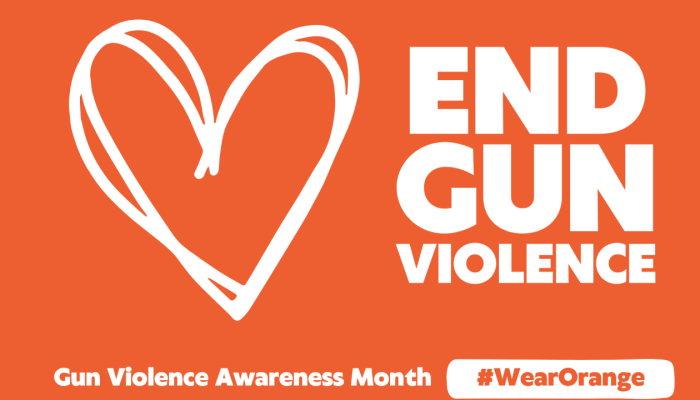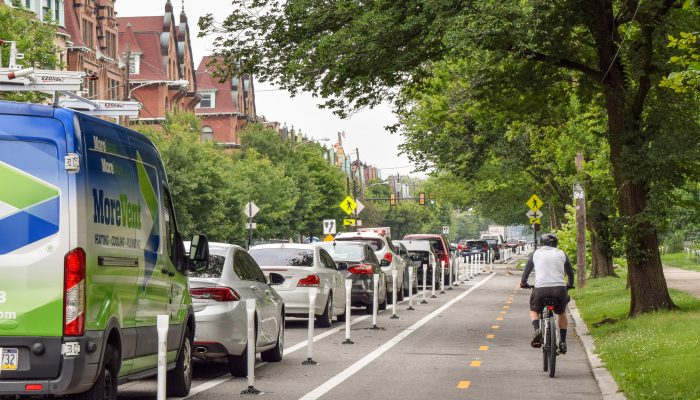The White House has launched an effort to end hunger and increase healthy eating and physical activity by 2030. The effort includes the White House Conference on Hunger, Nutrition, and Health in September 2022. At the conference, the federal government will announce a plan to end hunger, improve nutrition and physical activity, and end disparities.
To help inform the plan, the Biden-Harris Administration is asking to hear from everyone. This especially includes people who have experienced hunger or diet-related diseases.
There are a few ways to share your ideas and stories:
- Submit feedback directly on the Conference website. Feedback is due here by July 15th.
- The Coalition Against Hunger created a google form to collect feedback specifically on Pillar 1: Improving Food Access and Affordability. Complete the form by July 11th: cutt.ly/whfeedback
- Philabundance, along with hundreds of other food banks across America, are working to help Feeding America reach its goal of getting feedback from 10,000 individuals by using this 5 question online Feedback form, available in English and Spanish. Complete the feedback form by July 29th – Feeding America will be sharing the information directly with the White House. See the attached flyers with QR codes in English and Spanish.
Hundreds of thousands of Philadelphians experience the impacts of hunger and diet-related diseases. Poor, working-class, and communities of color are more likely to experience these impacts. At the same time, they are also less likely to have a voice in political processes.
Generations of Philadelphia’s immigrants, refugees, working people, and people of color have honored their culture, healed their people, and fed their communities. Philadelphia’s most affected communities already know solutions to our food problems. Examples are growing food at community farms and serving free meals through faith-based centers.
Please consider sharing your experience, expertise, and wisdom with the White House before July 15, 2022.
The five pillars below define the scope of the White House Conference on Hunger, Nutrition, and Health. They are meant to help identify actions that can be taken by all parts of society — including the Federal government; local, state, territory, and Tribal governments; nonprofit and community groups; and private companies.
- Improve food access and affordability: End hunger by making it easier for everyone — including urban, suburban, rural, and Tribal communities — to access and afford food. For example, expand eligibility for and increase participation in food assistance programs and improve transportation to places where food is available.
- Integrate nutrition and health: Prioritize the role of nutrition and food security in overall health, including disease prevention and management, and ensure that our health care system addresses the nutrition needs of all people.
- Empower all consumers to make and have access to healthy choices: Foster environments that enable all people to easily make informed healthy choices, increase access to healthy food, encourage healthy workplace and school policies, and invest in public messaging and education campaigns that are culturally appropriate and resonate with specific communities.
- Support physical activity for all: Make it easier for people to be more physically active (in part by ensuring that everyone has access to safe places to be active), increase awareness of the benefits of physical activity, and conduct research on and measure physical activity.
- Enhance nutrition and food security research: Improve nutrition metrics, data collection, and research to inform nutrition and food security policy, particularly on issues of equity, access, and disparities.




